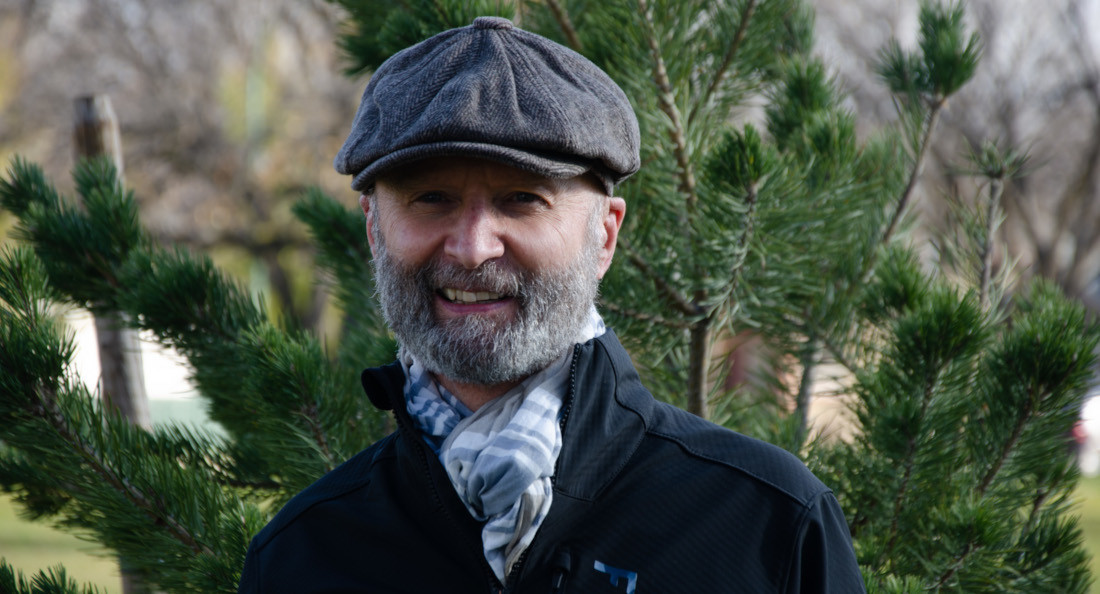COP26 underway in Glasgow
Experts say climate conference important, yet flawed
Curt Hull, project director for Climate Change Connection (Photo by Keeley Braunstein-Black)
COP26 was supposed to be held in November 2020 but was postponed until now due to the ongoing COVID-19 pandemic. Though many events and activities are still taking place virtually, this conference is happening in person.
Christie McLeod is a lawyer with Miller Thomson and a longtime climate activist with organizations like the Fossil Fuel Non-Proliferation Treaty Global Steering Committee and Lawyers for Climate Justice.
“The decision to move ahead with an in-person summit in Glasgow will exclude many participants from these vulnerable states due to the lack of access to COVID vaccines in many developing countries,” she says in an email to The Uniter.
In fact, earlier this year, the Stockholm Environment Institute published a report looking at the relationship between climate negotiations and vaccine supplies. According to the report, “the global vaccination gap reduces the capacity of developing countries to address climate mitigation and adaptation needs.” This is especially concerning since these countries tend to be disproportionately affected by climate change.
“Those most impacted by the present and projected impacts of climate change should have a seat at the table and be listened to,” McLeod says, especially since “so much needs to happen at this COP.”
“Wealthy countries need to increase their contributions to climate finance in order to meet this goal of raising at least US $100 billion, although I don’t believe that this will occur,” she says.
“The new Production Gap report details that governments still plan to produce more than double the amount of fossil fuels in 2030 than would be consistent with limiting warming to 1.5ºC.”
Curt Hull is Climate Change Connection’s project director and extensively involved in climate-policy advocacy in Manitoba.
He says that while “we should have a consistent, appropriate and adequate global approach to the climate crisis, because it is global,” local activism and policy-making is crucial, since it is difficult to make decisions at the macro level.
In fact, in recent years, many local grassroots organizations like the Manitoba Energy Justice Coalition have been among the most prominent voices calling for action on climate change. Hull believes this – along with action at the international level – is necessary.
“In Manitoba, we can’t solve the climate crisis, but by being able to feed ourselves locally without fossil fuel-based fertilizer, heat all of our buildings old and new without natural gas, move all goods and people without gasoline or diesel, we will have built a resilience in our province to be able to withstand and survive a lot of the disturbances that are coming our way,” he says.
Canada’s COP26 delegation is led by Prime Minister Justin Trudeau, Minister of Natural Resources Jonathan Wilkinson and Minister of Environment and Climate Change Steven Guilbeault.
Published in Volume 76, Number 08 of The Uniter (November 4, 2021)






